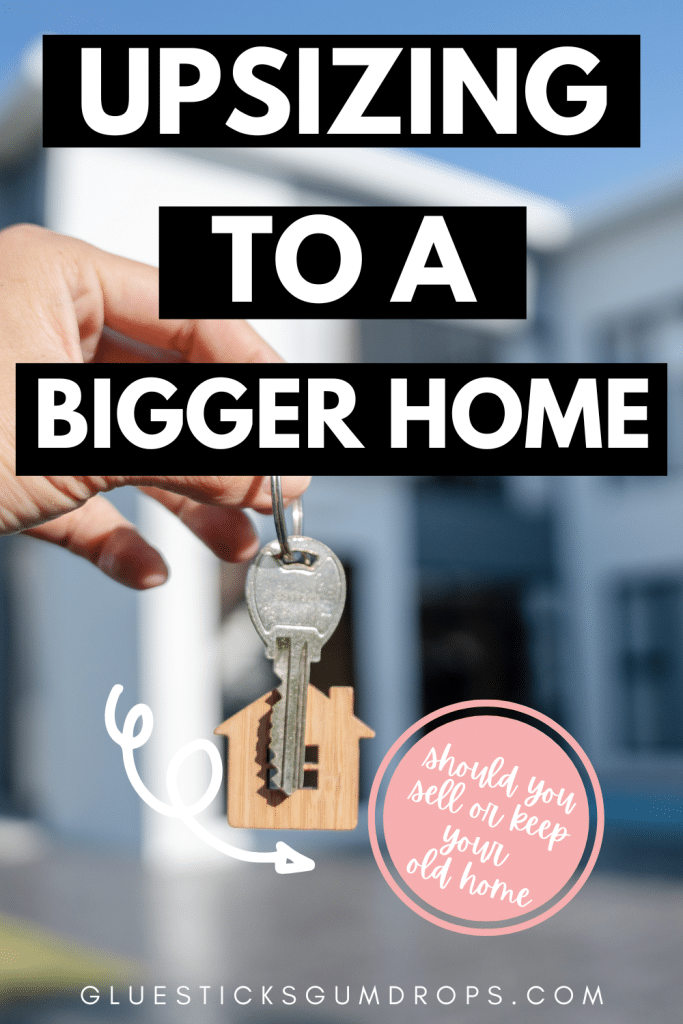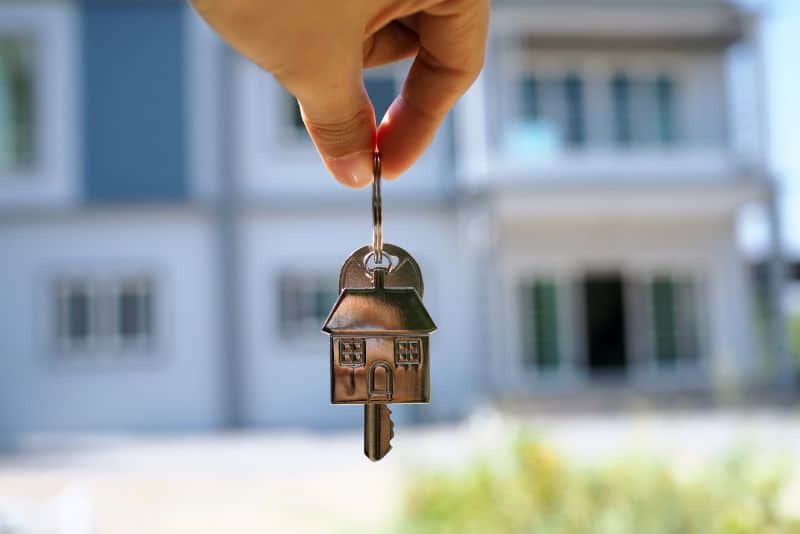Are you getting ready to upsize to a bigger home but uncertain of what to do with your existing property? Maybe you’re looking to outgrow the family, or perhaps you’re taking advantage of a booming housing market, upsizing can be a hard decision — on top of deciding what to do with your property. Let’s explore some of the factors that you should consider when deciding whether to keep or sell your old home before upsizing. Look no further!

Work with a company that sells your property privately
If you’re thinking of selling your property, you may have considered the traditional route of using a real estate agent. However, there is another option that could save you time, money, and hassle: working with a company that sells your property privately. Thanks to many local websites like www.yourpropertysolutions.co.nz/, you can avoid paying a real estate agent’s commission and instead put the money towards your new home purchase. When you partner with these companies, you can benefit from a range of services tailored to your needs, from marketing your property online and offline to handling negotiations and paperwork. And with no commission fees to pay, you get to keep more of the profit from your sale.
Financial costs of keeping your old home vs. selling it
You should also take the time to weigh up the financial costs associated with both keeping and selling your old home. Keeping it can come with a range of expenses such as insurance, property taxes, and maintenance fees that you will need to cover. On the other hand, selling your home may have fewer upfront costs but could mean losing out on any future appreciation in value from the sale price.
If your old home is mortgage-free, but you’d prefer to upgrade to a bigger property with more amenities, it may be worth considering renting out your old house instead. That way, you can still benefit from the additional income generated by tenants and avoid any of the associated costs.

Advantages and disadvantages of both options
Before making your choice, you must weigh the pros and cons of each option. If you decide to keep your old home, you will have the added security of knowing that you always have a place to return to should circumstances change. You can also leverage your property as an investment, use it for long-term or short-term rentals, and generate a passive income stream.
However, there are some downsides as well. Keeping your old home means having to manage two properties at once: the new home you purchase and your existing residence. As mentioned earlier, you will also be responsible for all property-related costs, including taxes, insurance, and maintenance fees.
On the other hand, if you decide to sell your old home before upsizing, you will benefit from a cash injection that can fund your move. This could provide more flexibility when choosing your new property, such as being able to purchase a more expensive house in a better neighborhood. Additionally, you will no longer have to manage two properties and can instead focus all of your attention on the new one.
Golden State residents know that, if you want to sell your house fast in CA, you should offer competitive pricing and highlight key features of the property. This approach attracts serious buyers and ensures a quicker transaction, giving you the freedom to move forward with your plans.
Weigh the emotional factors
It’s also important to factor in the emotional aspects of selling or keeping your old home. If you choose to sell, you may feel more liberated, as it will allow you to start fresh and move on to the next chapter of your life. You may even feel more financially secure with extra funds in your pocket.
However, if you keep your old home, nostalgia can kick in as soon as the sale is complete. As such, you should consider if the emotional costs outweigh the advantages of selling. Alternatively, if you rent out your old home, you may still be able to benefit from the emotional satisfaction that comes with owning a property without having to manage it on a daily basis.
Explore creative solutions
Are you feeling stuck with an old home you no longer want or need? Consider exploring creative solutions. If you’re stuck in a tight housing market, you could look into a rent-to-own option. That way, you can avoid the costs of selling and instead find tenants who are interested in buying your property over time.
You could also consider setting up a long-term lease agreement with stable renters, which would guarantee a regular income stream while also giving you the flexibility to move out and rent somewhere else.
Either way, take your time and consider all of the options available to you before making a decision. After all, upsizing is an exciting prospect and can open up a range of possibilities for your future.

Upsizing to a larger home requires careful thought and planning. The decision to keep or sell your old home is not one to be taken lightly as it involves a multitude of factors including financial, practical, and emotional considerations. By carefully evaluating all the pros and cons, and exploring creative solutions, you can make an informed decision that suits your circumstances best.
There is no one-size-fits-all solution, and what works for one may not necessarily work for another. So, whether you decide to sell your property privately, rent it out, or hold onto it for sentimental reasons, make sure the decision aligns with your current needs and future goals.
